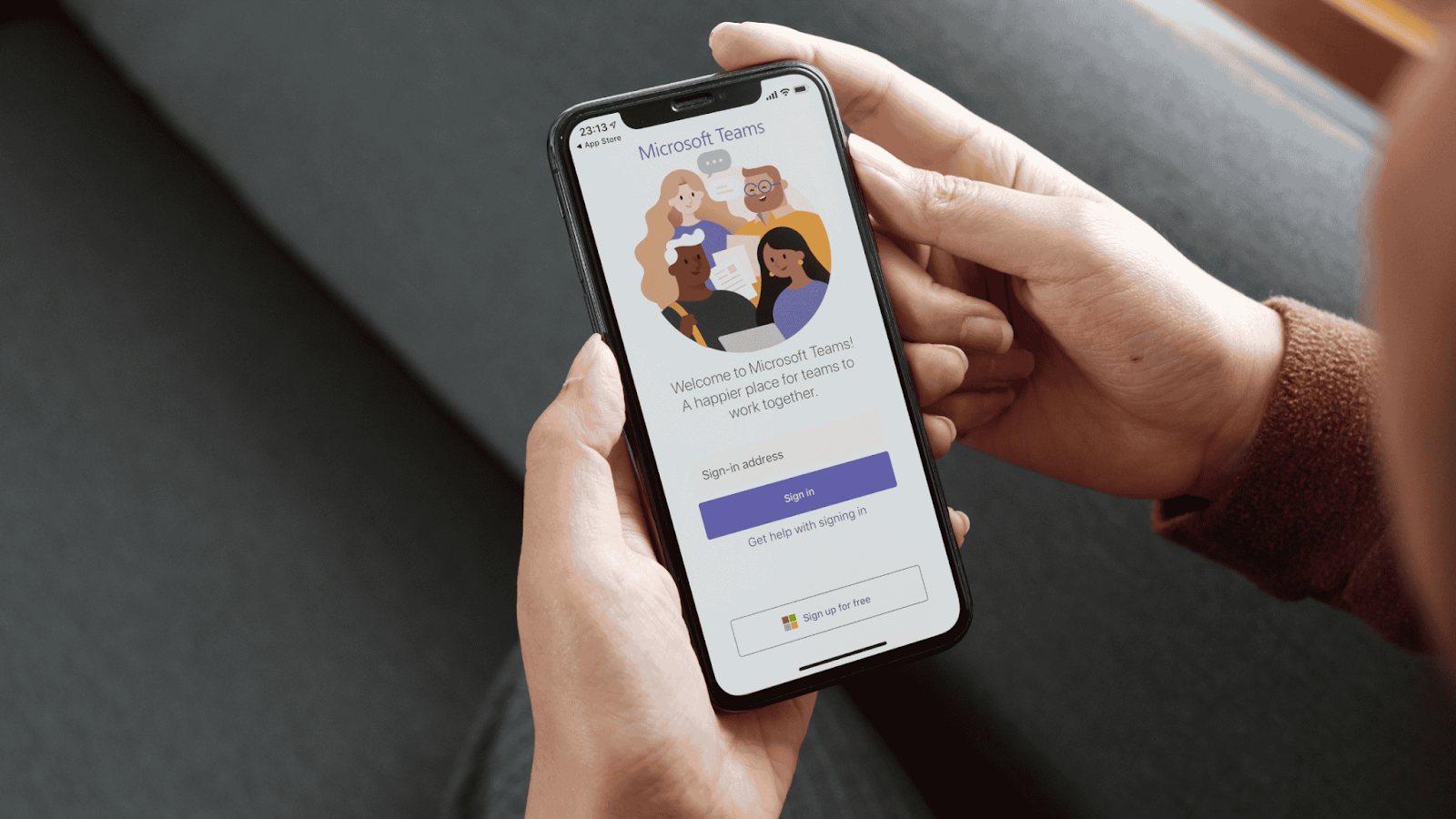Table of Contents
Vishing Attack Exploits Microsoft Teams to Deploy DarkGate Malware
Trend Micro Managed Detection and Response (MDR) team recently uncovered a sophisticated social engineering attack that leveraged Microsoft Teams to deploy the dangerous DarkGate malware. The incident highlights the evolving tactics used by cybercriminals to gain unauthorized access to corporate systems through sophisticated voice phishing (vishing) techniques.
Timeline of the attack
The attack began with a flood of phishing emails, followed by a Microsoft Teams call from an individual posing as an employee of a trusted supplier. During the call, the attacker attempted to manipulate the victim into installing remote access software. Initially, the perpetrator tried to install a Microsoft Remote Support application, which failed. Undeterred, the attacker then successfully convinced the victim to download AnyDesk, a legitimate remote access tool.
After gaining access to the system, the attacker dropped multiple suspicious files, with one notably detected as Trojan.AutoIt.DARKGATE.D. A series of commands executed by Autoit3.exe ultimately led to a connection with a potential command-and-control (C2) server and the subsequent download of a malicious payload.
The DarkGate malware demonstrated several sophisticated techniques to evade detection. The attacker used AutoIt scripts to execute malicious commands, collect system information, and establish a connection to the C2 server. The malware attempted to create persistent files and registry entries on the victim's machine, showcasing its advanced capabilities for maintaining long-term access.
Fortunately, in this particular instance, the attack was thwarted before any data exfiltration could occur. However, the incident serves as a critical reminder of the increasingly complex social engineering tactics employed by threat actors.
To protect against such sophisticated attacks, organizations should implement several key security measures:
Conduct comprehensive employee training on recognizing social engineering and vishing attempts
Implement strict verification protocols for remote access requests
Utilize multi-factor authentication for all remote access tools
Whitelist approved remote access applications
Maintain up-to-date endpoint detection and response (EDR) solutions
The DarkGate malware continues to evolve, demonstrating its potential to cause significant damage through various distribution methods. This latest Microsoft Teams-based attack underscores the importance of maintaining vigilance and implementing robust security protocols to protect against emerging cyber threats.
Security professionals and organizations must remain proactive in their approach to cybersecurity, continuously updating their defense strategies to counter these sophisticated social engineering techniques.
Found this article interesting? Keep visit thesecmaster.com, and our social media page on Facebook, LinkedIn, Twitter, Telegram, Tumblr, Medium, and Instagram and subscribe to receive tips like this.
You may also like these articles: Here are the 5 most contextually relevant blog posts:
How Are Threat Actors Abusing Apple's TCC Protection Using XCSSET Malware Attacks?
Cybercriminals Exploit AI Video Generators to Spread Lumma and AMOS Malware
AlienFox- New Credential Stealer Toolkit Targeting 18 Cloud Services
What is Mystic Stealer And How Can You Protect Your Information from Mystic Stealer Malware?
Anthony Denis
Anthony Denis a Security News Reporter with a Bachelor's in Business Computer Application. Drawing from a decade of digital media marketing experience and two years of freelance writing, he brings technical expertise to cybersecurity journalism. His background in IT, content creation, and social media management enables him to deliver complex security topics with clarity and insight.
